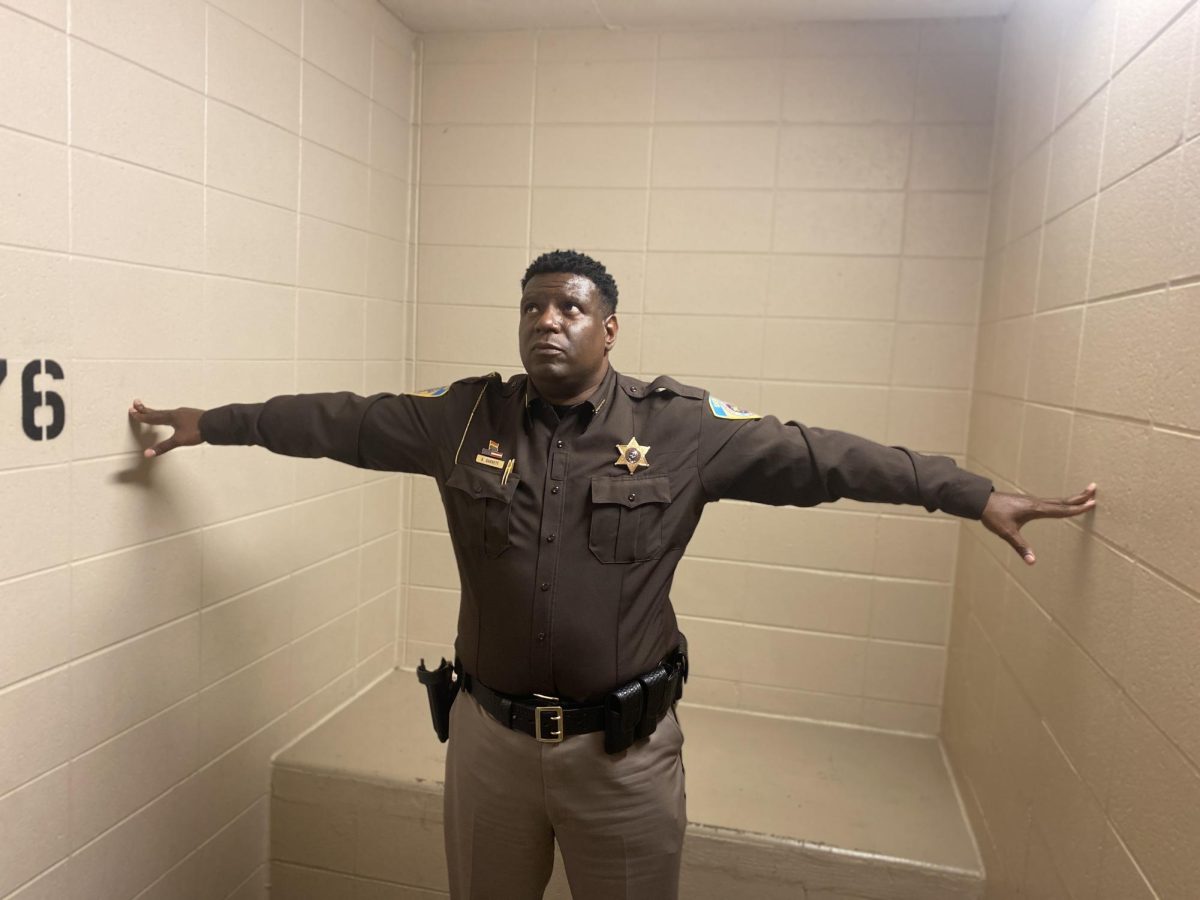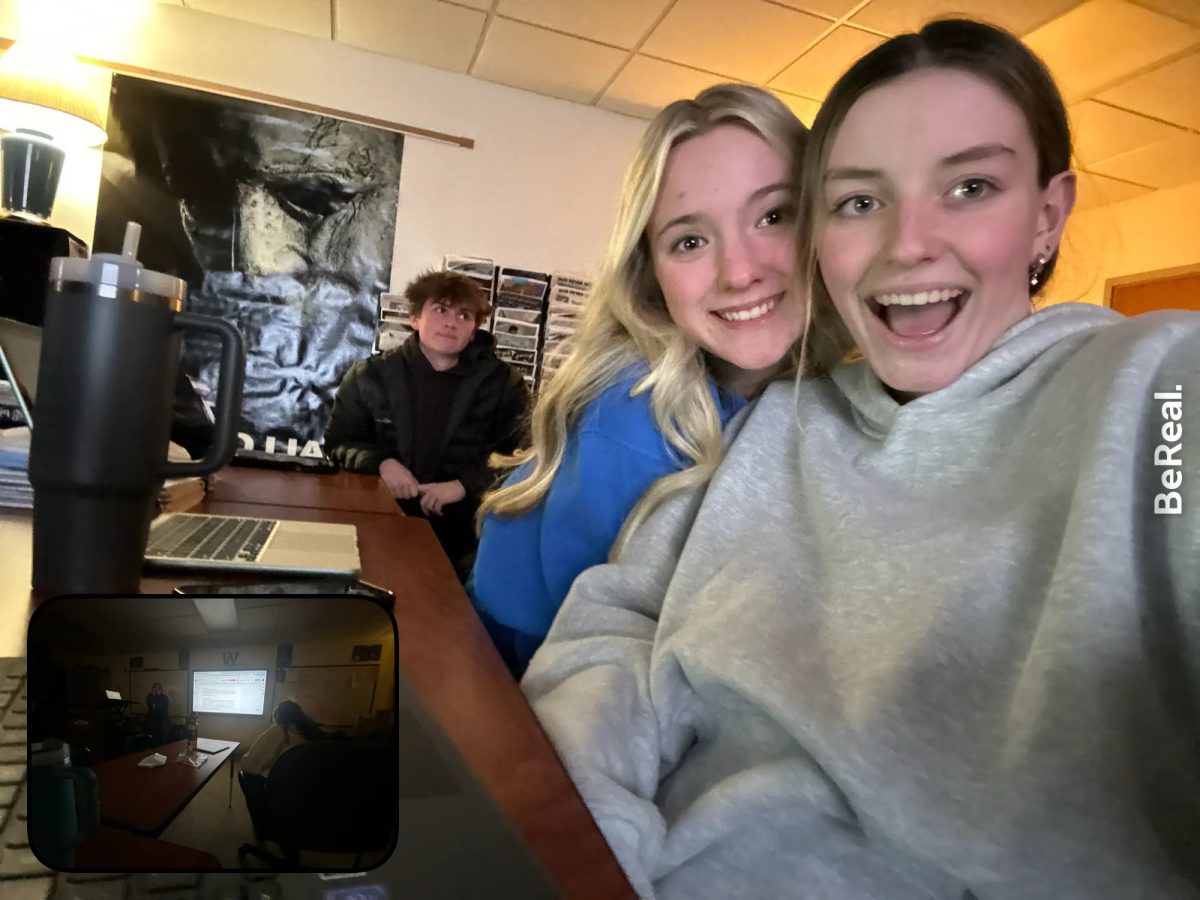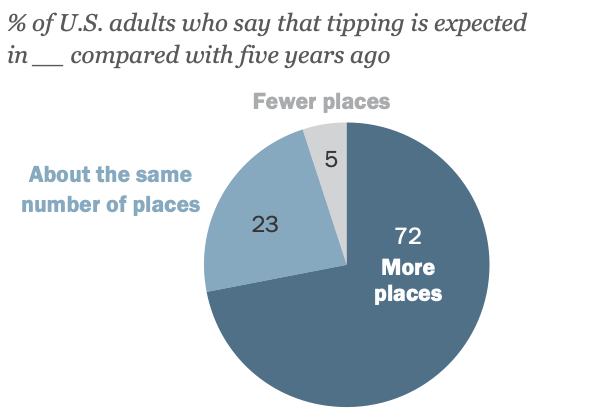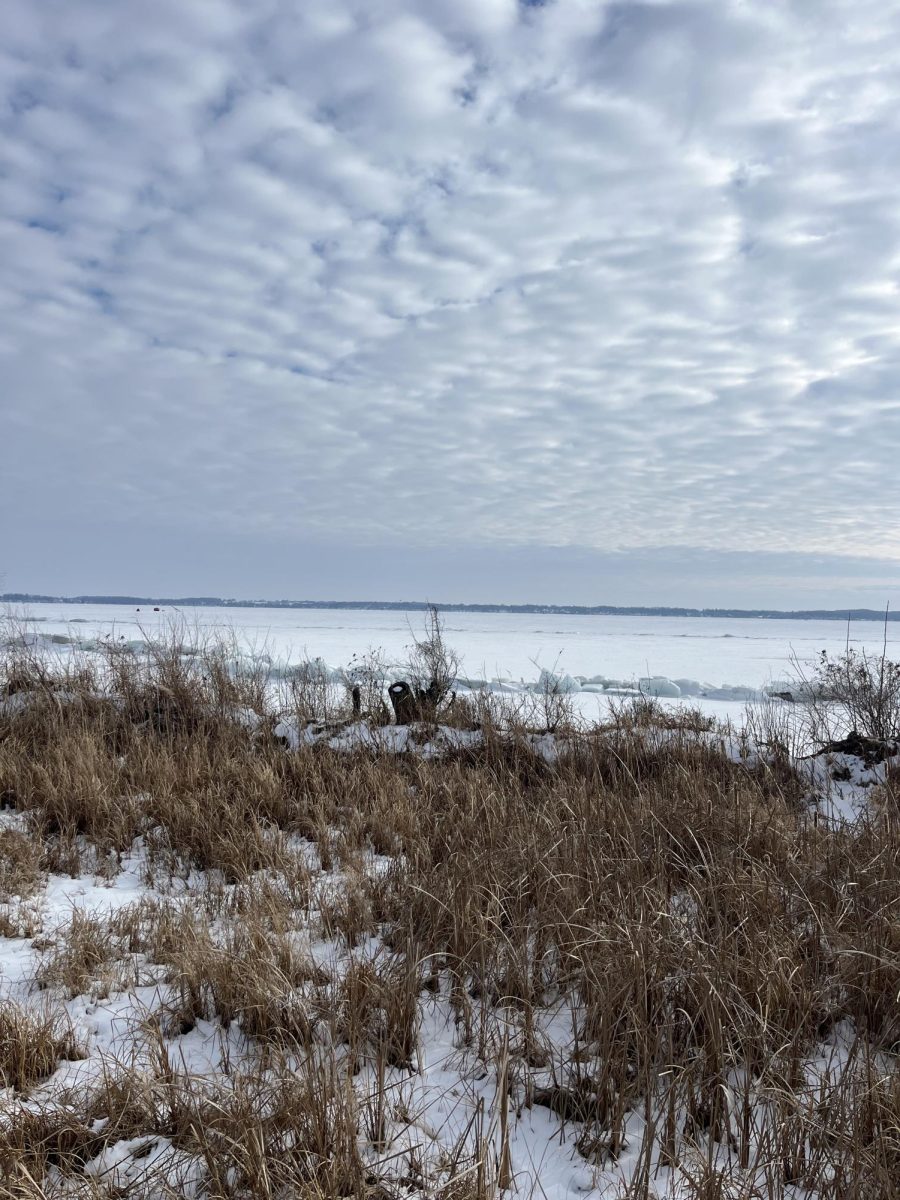“The Criminal Justice System and how we deal with crime in America is broken” is a common statement that often arises in political and moral debates. Whether it’s a liberal arguing that over-policing and mass incarceration disproportionately affect communities of color, or a conservative arguing over illegal immigration and rising drug crimes it’s clear the debate over such a contentious system is polarizing, to say the least.
One indisputable figure paints a stark picture of the United States Criminal Justice System: with nearly two million men and women locked up behind bars, America has the largest incarceration rate in the world. Almost one percent of the American population is currently incarcerated.
The reason for mass incarceration, as we see it today, may seem straightforward: the U.S. is just better at catching criminals, and we have strict laws to hold our citizens accountable, right? Well, no, actually, the large prison populations we see today didn’t just appear overnight. Since 1972, the U.S. prison system has increased sevenfold.
Due to new “tough on crime policies,” law enforcement officers were equipped to incarcerate more people each year.
Due to these policies, our criminal justice system is no longer working for its intended mission. Instead, it became a weapon to incarcerate swarms of people while claiming the fig leaf of public safety.
In the US, State and Local jails account for a large majority of incarcerated individuals, meaning it’s up to state and local governments to fix the broken system. In Dane County, our local government is working to reform this system while keeping our community safe and supporting the law enforcement officers who protect our neighborhoods and cities.
Specifically, the Dane County Board of Supervisors Public Protection and Judiciary (PP&J) Committee is taking the first steps to address the daily inequities. They are approving a county budget that funds numerous different departments and agencies.
One of these is the County Sheriff’s office, the top law enforcement officer in the County. Earlier this year, Dane County Sheriff Kalvin Barret worked with the Board of Supervisors to approve funding for a new county jail; this new jail offers residents more humane arrangements.
Another initiative the County supports is the Community Restorative Court, a partnership between the Dane County District Attorney and the Department of Human Services. “This court provides young adults (17–26 years old) who have committed misdemeanor law violations an opportunity to appear before a group made up of community members (prior to being charged) to ensure accountability, determine alternative sanctions, and help repair the harm done to the victim of the crime. It also provides resources to the offender with issues related to employment, healthy relationships, basic needs, and other personal matters to prevent re-offending.” according to Colleen Clark-Bernhardt, Criminal Justice Council Coordinator, Dane County.Finally, the county is regularly reforming an unjust system; just this month, the PP&J Committee approved a statutory change that would lower fines for possession of drug paraphernalia for adults. These statutory reforms change oppressive and inequitable laws that target low-income and communities of color.
The work Dane County is doing is a necessary first step in addressing this nationwide problem. These initiatives are saving lives and making our communities safer. Dane County is leading the way in these reforms and should be proud of our record in restorative justice.
Categories:
Dane County Leads in Criminal Justice Reform
Dane County Sheriff Kalvin Barret poses in cell at the Dane County Public Safety Building
0
More to Discover
About the Contributor

Simon Mehring, Editor-in-Chief
Simon is a senior, and this is his third year on staff! He is the publication’s Editor-in-Chief this year! Simon joined the Norse Star his sophomore year because he enjoys getting to tell other peoples’ stories, and learning about new topics and individuals. Outside of the classroom, Simon spends his time outdoors and living actively, and also enjoys reading the news and keeping up-to-date with politics. After high school, Simon looks to attend law school and practice Environmental Law or work for the National Park Service as an attorney!








